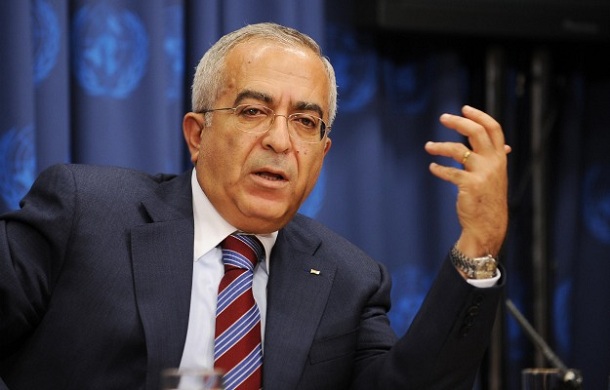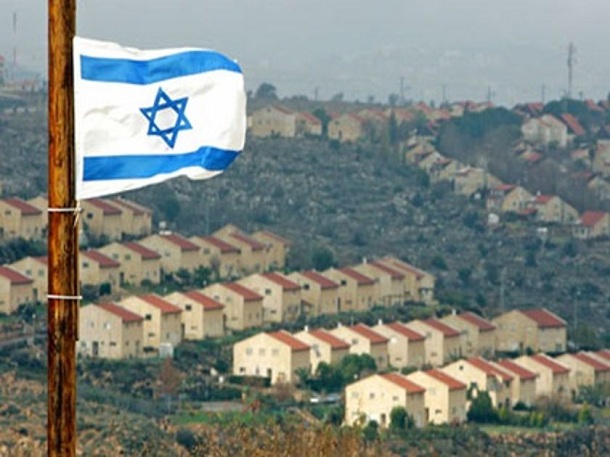Plans to build a settlement near Jerusalem could be fatal for the peace process, tells Palestinian PM Salam Fayyad.
William Hague called on Israel to reverse the plan, saying the move undermined Israel’s international reputation and created doubts about its commitment to achieving peace.
The British Foreign Secretary said he was “extremely concerned” at the plans to create 3,000 new homes, warning it would make the two-state solution “difficult to achieve”.
The US government also criticised Israel for the move.
“This administration – like previous administrations – has been very clear with Israel that these activities set back the cause of a negotiated peace,” Secretary of State Hillary Clinton said in Washington.
E1 is the only large area of empty land left between East Jerusalem and the West Bank, sandwiched between Israeli settlements.
Reviving plans to build a settlement there could be fatal for the peace process, Palestinian Prime Minister Salam Fayyad told in Washington.
“It would kill it. This would be the last nail in the coffin of the peace process a process that fulfils that which has been and has become a matter of international consensus. The two-state solution to this conflict. It simply cannot happen if E1 is implemented.”
Palestinians say they cannot sign any peace deal that does not have at least a part of Jerusalem as their capital, for religious and political reasons.
An Israeli settlement on E1 would make a land corridor between that capital and the rest of a Palestinian state impossible.
That makes building on E1 a very different proposition to other Israeli settlement plans. For that reason former US President George Bush made then Israeli Prime Minister Ariel Sharon promise not to build on E1 and put construction plans there on ice.
Danny Seidemann, from Jerusalem NGO Ir Amim, told “E1 is the fatal heart attack of the two-state solution.
“If E1 is built there is no possibility of a contiguous viable Palestinian state and no possibility of connecting East Jerusalem and its hinterland on the West Bank.”
An Israeli government spokesman told those plans are now being unfrozen.
“Planning is now going ahead,” he said.
No decision to build has yet been taken but extensive plans are known to already exist.
Israel is responding to a vote in the United Nations General Assembly to recognise Palestine as a non-member state. Some 138 countries voted in favour of the move, only eight supported Israel in opposing it.
Israel has also said it will build 3,000 new units in existing settlements.
Under all interpretations of international law, Israel’s settlements on occupied land are illegal.
Israel agreed to freeze settlement construction under the Roadmap For Peace plan in 2002, but has failed to comply with that commitment.
[adrotate banner=”33″]


